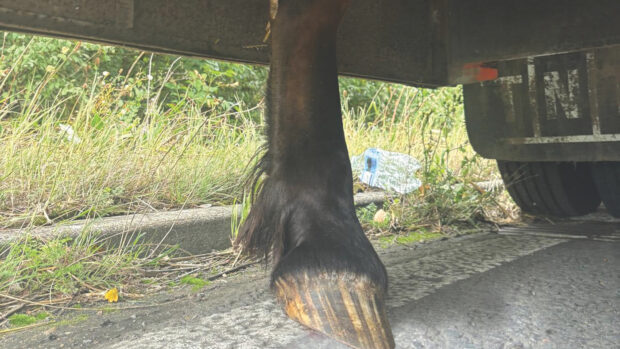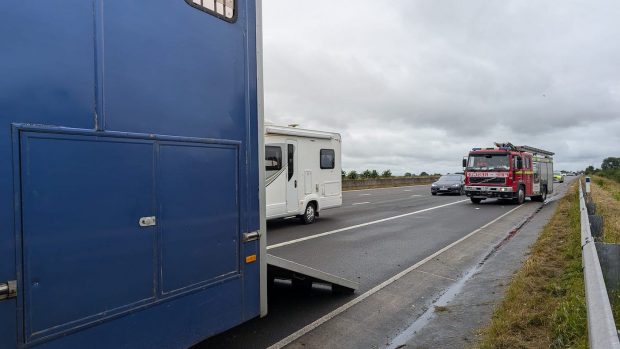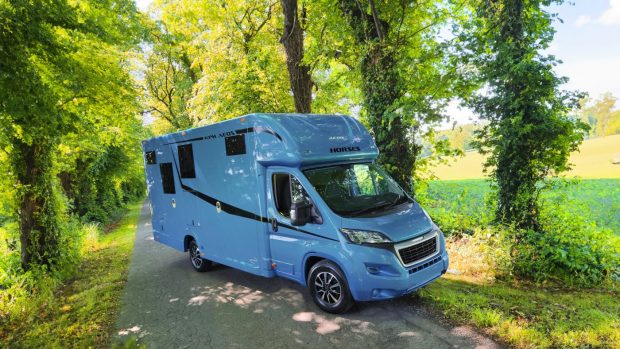More articles on travelling with your horse
View horseboxes for sale
Before you travel your horse
Travelling reduces a horse’s immunity due to the release of stress hormones and dehydration through sweating. For this reason, it is vital to monitor rectal temperature morning and evening for at least two to three days before you make a long journey.
Never take a chance and travel with a horse that shows a temperature close to the time of the planned journey.
Tapering exercise prior to travel can benefit a horse’s musculoskeletal system. Having reached his fitness peak 14-10 days before a big competition, it is advisable to wind down the number of hours you ride each day thereafter.
Tapering may not suit all horses and particular care should be taken with those who are prone to tying-up. It is advisable to cut back a horse’s hard feed a little if his workload is reduced.
Keeping your horse comfortable during transport
There are a great variety of opinions expressed about the direction in which horses should travel.
What we can glean from studies is that horses who travel loose in a vehicle without partitions choose to stand herringbone, forwards and backwards, depending on their personal preference.
For horses who find transport stressful, a change in orientation may be worth trying.
Try to keep rugs and protective wear to a minimum in warm or hot weather and aim to keep the horse area of the lorry as well-ventilated as possible.
Keeping your horse hydrated during transport
Horses who are given forage to eat during transport fare better than those who do not. Fibre will help keep the horse occupied, hydrated and ensure a healthy gut.
Haylages, with their high moisture content, are ideal for travelling.
If a horse is being fed hay, water should be provided if the journey is over two hours long. The best way to do this is to hang up a bucket.
Stretch a rubber tyre inner-tube over the top of a bucket and cut a hole in it. This will help reduce spillage and the horse will be able to drink when it wants to and not when you decide it should.
Dehydration also increases the risk of colic.
For the full article on reducing travel stress, see the current issue of Horse & Hound (23 July, ’09)
Looking for more articles on travelling with your horse?
Find horseboxes for sale near you




